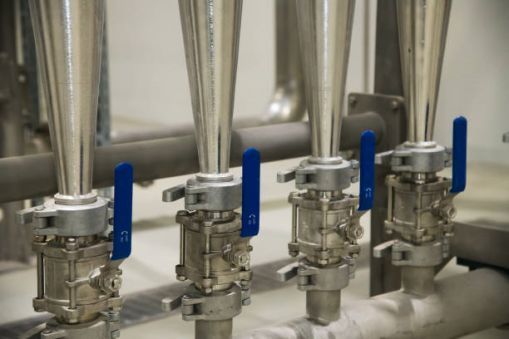What is Resin Injection Molding?
Resin injection molding is a widely used manufacturing process that allows for the production of high-quality, complex plastic parts. It involves injecting liquid resin into a mold, which is then cooled and hardened to form the final product. This technique is highly versatile and offers numerous advantages over other molding methods.
The Advantages of Resin Injection Molding
Resin injection molding offers several key advantages that make it a popular choice for various industries. Firstly, it allows for the production of intricate and precise parts with excellent dimensional stability. The process also enables the use of a wide range of materials, including thermoplastics, thermosetting plastics, and elastomers.
The Process of Resin Injection Molding
The resin injection molding process typically involves several steps. Firstly, the mold is prepared by applying a release agent to facilitate easy removal of the final product. The liquid resin is then injected into the mold under high pressure, ensuring that it fills all the cavities and channels. The mold is then cooled, either through direct contact with a coolant or by using cooling channels within the mold itself. Finally, the hardened part is ejected from the mold, ready for further finishing processes if necessary.
Applications of Resin Injection Molding
Resin injection molding finds wide application in various industries, including automotive, aerospace, electronics, and medical. In the automotive sector, it is used for producing parts such as dashboards, bumpers, and interior trims. The aerospace industry benefits from this technique for manufacturing lightweight yet robust components. In the electronics field, resin injection molding is utilized for producing enclosures, connectors, and other intricate parts.
The Benefits of Resin Injection Molding in the Medical Industry
Resin injection molding offers numerous advantages in the medical industry. It allows for the production of complex medical devices and components with high precision and repeatability. The process also enables the use of biocompatible materials, ensuring the safety and compatibility of the final products with the human body. Additionally, resin injection molding can be cost-effective for producing medical parts in large volumes.
Factors to Consider in Resin Injection Molding
There are several factors to consider when utilizing resin injection molding. Designing the mold with appropriate draft angles and venting is crucial to ensure easy release of the part and prevent defects like air traps and burns. Material selection is also essential, as different resins have varying flow characteristics and properties. Furthermore, optimizing processing parameters such as injection pressure, temperature, and cooling time is vital to achieve the desired part quality.
The Future of Resin Injection Molding
Resin injection molding continues to evolve and improve with advancements in technology and materials. The development of advanced simulation software allows for more accurate predictions of part quality and process optimization. Additionally, the use of sustainable and environmentally friendly materials is gaining traction in the industry, which aligns with the growing focus on sustainability.
Challenges in Resin Injection Molding
While resin injection molding offers many benefits, it also comes with certain challenges. One such challenge is the potential for warpage or shrinkage of the final part due to cooling and curing processes. This can be mitigated through the proper design of the mold and optimization of processing parameters. Another challenge is the upfront cost of tooling, as creating the mold can be expensive. However, this cost is often offset by the ability to produce high-quality parts in large volumes.
The Importance of Quality Control in Resin Injection Molding
Quality control is of utmost importance in resin injection molding to ensure that the final parts meet the required specifications. This involves regular inspection and testing of the parts throughout the production process, from material selection to mold design and processing. Various techniques such as dimensional inspection, visual inspection, and mechanical testing are employed to verify the quality and functionality of the parts.
Conclusion
Resin injection molding is a versatile and widely used manufacturing process that enables the production of high-quality plastic parts. It offers numerous advantages, including the ability to create complex and precise components with a wide range of materials. While there are challenges associated with this technique, proper design, optimization, and quality control can help overcome them, ensuring the successful implementation of resin injection molding in various industries.

